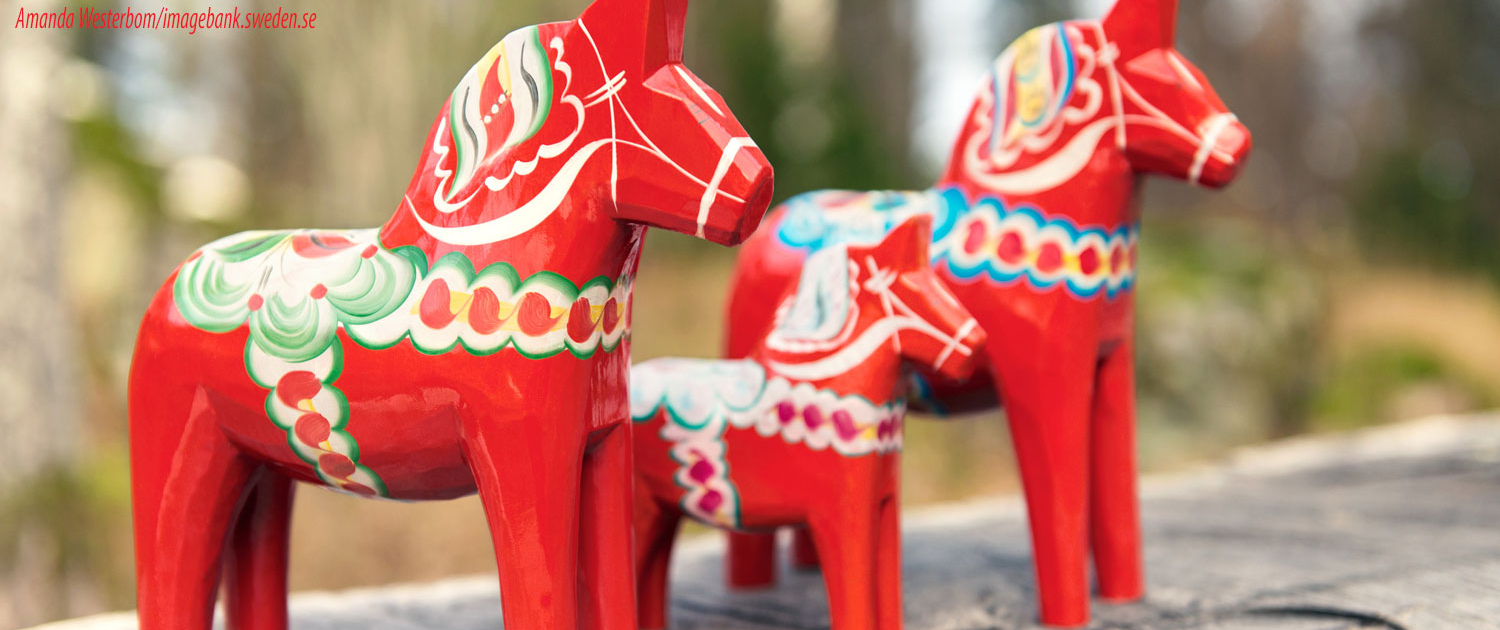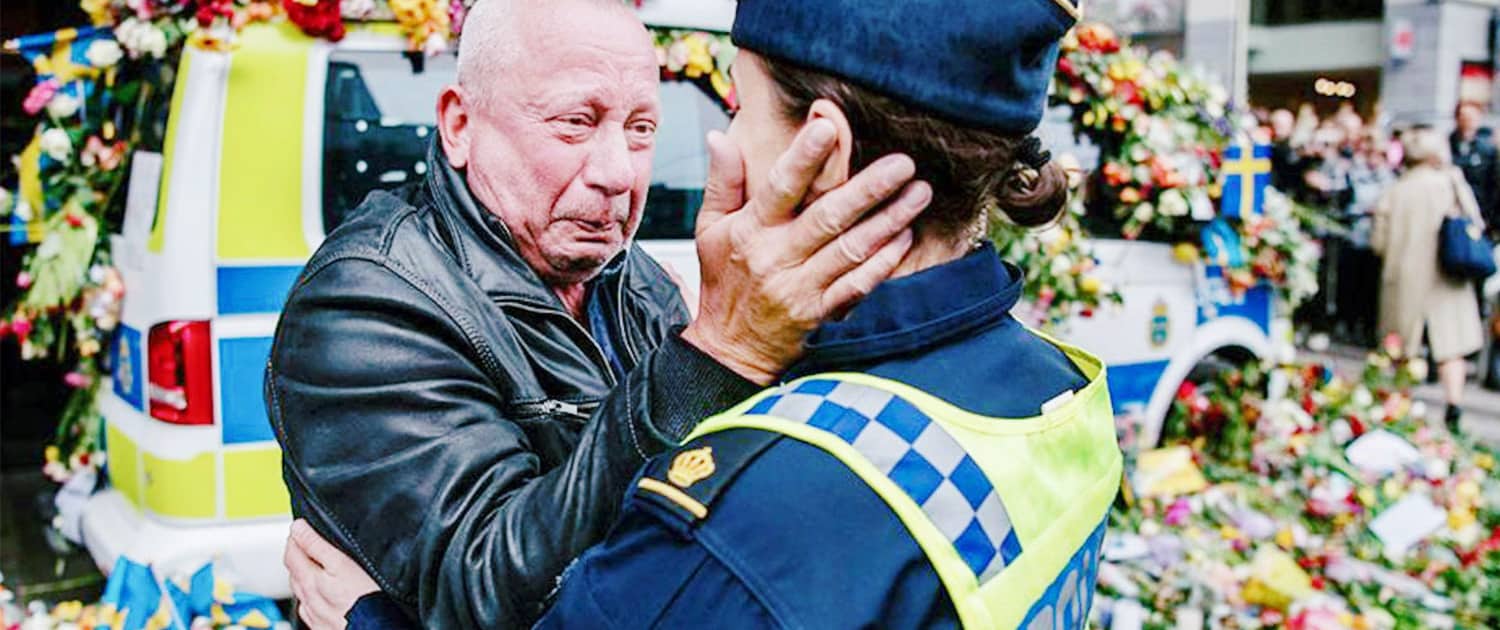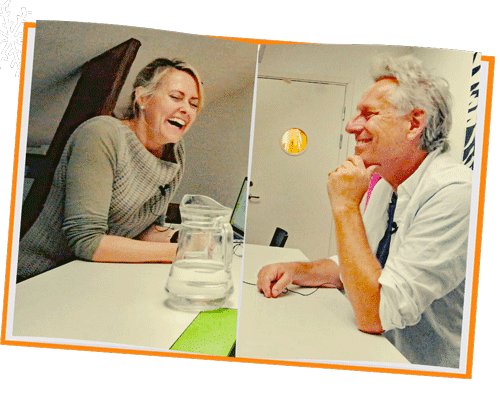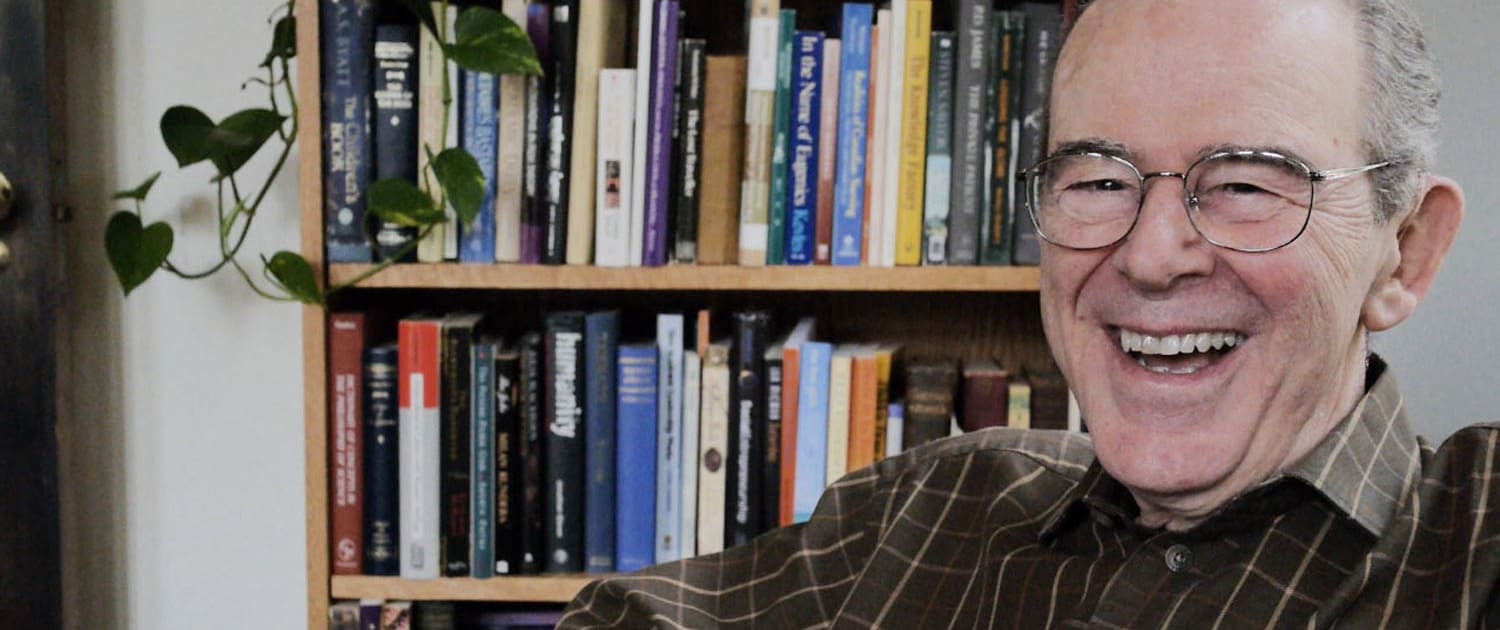In a business context, conflicts are often seen as a source of creativity. In fact, however, they cost a lot of time and energy (KPMG 2009).
In this podblog episode, you will learn in conversation with Lars Trägård, connoisseur of the Nordic model, how you can actually use conflicts for innovation without letting them escalate into time-consuming confrontations.
To achieve that, however, we need a common will to deal with each other in a certain way. Curious? Good, that’s one element already. Listen in or read on.
So now the time has come, Russia is threatening the Swedes to use nuclear weapons if they join NATO.
It is difficult for me to understand why some countries have not developed into mature, democratic societies. And it saddens me that a country whose society has for centuries institutionalized a peaceful approach to conflict is now facing an aggressor who threatens the very values that make people and fellow human beings happy.
The world is welcome to smile at the typical Scandinavian consensus and dismiss the Nordics’ high level of trust as naïve. Nevertheless, they make living together wonderfully smooth and peaceful.
Whoever visits Sweden senses this desire for friendly togetherness.
THE SENSITIVITY TO MAINTAIN A RELATIONSHIP
I am amazed every time when Swedish drivers stop already 5 meters before the traffic light and wave me friendly across the street, although it is green for them and clearly red for me, as a pedestrian. My daughter often murmurs at me in the subway that I’m not Swedish at all, because I don’t wait patiently next to the door, but head-on in front of it. And when I don’t notice that the traffic light has long since changed from red to green for the drivers, I rarely hear an aggressive honk from the cars behind me. After all, I could get scared!
In daily interactions, a Swede never interrupts you. All Swedish statements are soft-spoken. The former Viking people teach and lead empathetically and lovingly.
So if you are ever visiting them, please don’t forget to say thank you; for the meeting, for the food, for seeing them and for today in general. Tack för idag.
Thank you for existing.
The smooth society
Thank you that it is also important to you that we get along well. Because we are people among people and whenever we meet each other we have the choice to strengthen our relationship or put it at risk.
“Alone we are strong – together we are stronger!”,
says a Swedish proverb. It is written in response on the outside of the chipboard barrier erected around the scene of the 2017 terrorist attack in Stockholm. And it means: Only when the individual is strong are we stronger together. Because then we don’t get tangled up in confrontations that are often about power and self-assertion, but not about finding the best solution together.
Chose your battles wisely – choose none
And that is why the Scandinavian, above all the Swede, searches almost obsessively for consensus. One would think. But that’s not the case, I learn perplexedly from Lars Trägård, whom I interview for this episode of the podcast “Fortunately there are values“.
Scandinavians are not conflict-averse, says the expert on the Nordic model and the Swedish social contract. On the contrary. As countries with the most liberal values in the world, they have learned mechanisms to take advantage of the constant conflicts of free-thinking people without putting the relationship at risk. And for that they need a lot of trust in the integrity and good intentions of other people, says the author of the book with the somewhat disconcerting title: “Is the Swede a human being?”.
Who is Lars Trägård?
Lars is a professor of history and civil society studies at Ersta Sköndal Bräcke University College in Stockholm. He has focused in recent years on projects on state-civil society relations, individual rights, the Nordic model, and the Swedish social contract.
He has also compared children’s rights regimes in Sweden, France, and the United States. He emigrated to the United States to study and returned to Sweden after 40 years.
A tanned man with white hair and a touch of Richard Geere, he now lives in Stockholm with his American wife and teenage twin. He is currently researching the topic of trust in Sweden.
We meet for the podcast at his office in the charming old town neighborhood of Södermalm.
formed for conflict
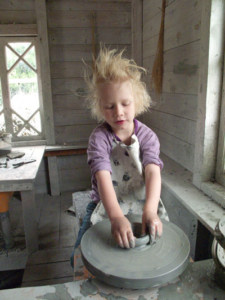
Einfachen Bauern wurde gelehrt anderer Meinung zu sein. (Foto: Elisabeth Edén/imagebank.sweden.se)
Simple farmers were taught to disagree.
Simple farmers were taught to disagree. (Photo: Elisabeth Edén/imagebank.sweden.se)
Scandinavians were still poorest peasants at the beginning of the 18th century, who became engineers in the course of industrialization. They were no German poets and thinkers. At least, they never were for the sake of pure beauty of thinking.
But, some Scandinavian intellectuals of the time found, people lacked the necessary knowledge, self-confidence and intellectual complexity to meet the challenges of the 19th century. Still, they didn’t want to tell people what to think. “What they wanted was a general population that could think for itself and disagree on a higher level,” Lene Rachel Andersen and Tomas Björkman wrote in their book “The Nordic Secret.“
The inhabitants of Scandinavia were people who learned to love thinking by being lovingly encouraged to do so on a voluntary basis.
Thus, they matured into strong personalities who were ready to take responsibility for themselves, their family, their country and the world. And thus, even today, people are encouraged to use the full potential of their uniqueness to enrich the lives of others.
AND THEN YOU DO NOT ARGUE
but search for the best solution. For all. I may then call this “consensus in Scandinavian”, namely the acceptance of the best solution by all for all. Consequently, this can also be the most oblique, according to Lars. Hierarchies often get in the way of the best idea.
This ability to recognize and harness everyone’s potential has led Scandinavian countries to become some of the most peaceful and modern societies in the world.
“IT IS EASIER TO BE A GOOD PERSON AMONG GOOD PEOPLE.”
That’s how Alex Michalos’ statement still haunts my mind. The lovely researcher for “Quality of Life”, whom I interviewed in Canada in 2013 while researching my first book “Wo gehts den hier zum Glück?”(Unfortunately only available in German, Japanese, Chinese and Korean).
Yes, it is easier to find peace among relaxed people. It is easier to master conflicts among masters of conflicts.
CONFLICTS COST TIME
Thirty to 50 percent of managers’ weekly work time is spent directly or indirectly on friction, conflict, or the consequences of conflict, according to a study by KPMG (2009).
Perhaps this is one of the Scandinavian secrets:
- Not wasting energy, time and money, letting conflicts escalate into confrontations,
- to promote everyone’s ideas
- and then to use the best solution without much emotionalism and unnecessary power struggles.
And then you can afford to spend time in what seems like a long consensus process.
Hey, if you miss the thrill, how about a course of bungee jumping or a round of roller coasters? I’m in!
For those who love to look behind the scenes of the apparent, today we dive into the world of conflict and what it means for you on the job.
Here’s a little taste of what’s inside:
03:10 What is conflict in Sweden?
04:57 Traditions in dealing with conflicts
07:00 Conflicts and creativity in Germany and Sweden
09:11 Conflicts or different ideas about how to solve a problem
14:23 Not consensus, but curiosity
16:17 Danger! Hierarchy can create undesirable consensus
19:19 Why are Scandinavians like this?
20:54 Following common rules
24:15 The power of trust
26:10 Education and the Nordic secret
35:26 The key to conflict resolution
37:25 The tension between individual and society
41:30 State, family, individual or the Swedish theory of love
44:48 The state as the child’s best friend
52:00 Free individuals – good teams
54:00 Voluntary relationships
CLICK HERE TO LISTEN TO THE PODCAST EPISODE WITH LARS:
#voluntariness #trust #freedom #happynordicleadership #goodgovernance #conflictcost #leadbylove

